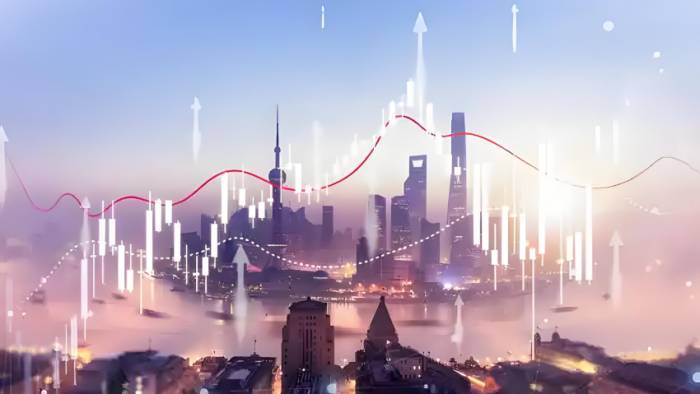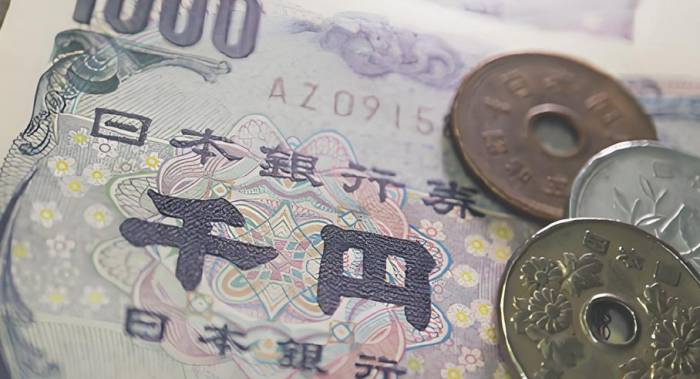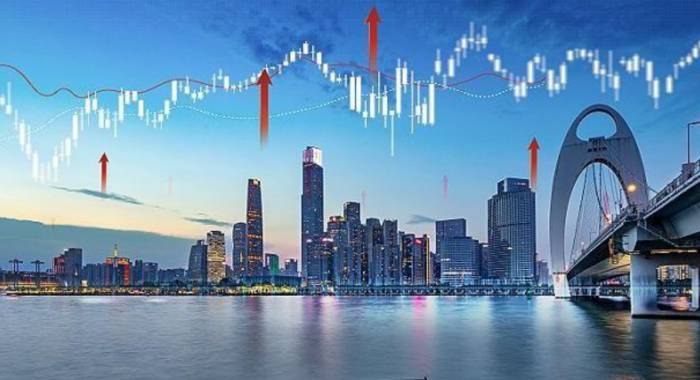The recent turmoil in South Korea has undeniably shaken investor confidence, leading to a notable drop in the stock market following the government’s declaration of a state of emergency. On December 4, the composite index opened at a precarious level, demonstrating nearly a 2% decline, while KB Financial Group and tech giants like Samsung Electronics and SK Hynix faced significant losses. This upheaval can be traced back to a charged speech by President Yoon Suk-yeol, who accused the opposition of destabilizing the nation and vowed to root out “anti-state forces.” In a swift shift, the National Assembly convened in the early hours of December 4 and decided to overturn the emergency decree shortly after midnight, leading to a brief sense of stability and a reconsideration of investor strategies.
Despite the government’s assurances of unlimited liquidity injections to safeguard the markets, the prevailing political instability is likely to deter foreign investment. The refusal of external capital can exacerbate market volatility, especially considering South Korea’s pivotal role in the global semiconductor and electric vehicle supply chains. Investors are rightfully cautious, and if political chaos persists without resolution, the downward trajectory of the financial market may be the norm, compounding the uncertainty affecting overall investor sentiment. Additionally, while the local events in South Korea primarily impact the country's stocks, they also resonate on a broader scale, potentially influencing the dynamics within the Chinese A-share market through correlated investor behavior and sentiments.
This complex interplay of regional political unrest is mirrored by evolving trends in Japan, particularly as the nation hints at potential interest rate hikes amid a revived appetite for “carry trade” transactions with the yen. Retail investors, leveraged funds, and international management firms are positioning themselves favorably as the prospects for a divergent monetary policy approach between the U.S. and Japan create fertile ground for speculation. Bloomberg's analysis has indicated a significant increase in bearish bets against the yen, highlighting that reactions to anticipated interest rate changes could significantly shift market landscapes, impacting everything from currency value to equities globally.
The backdrop of these economic changes is juxtaposed against the financial habits of consumers in both the United States and Europe. Amid rising inflation concerns, U.S. consumers have adopted a more frugal approach to spending, with confidence levels remaining below historical averages. This caution extends across the Atlantic, where European households are witnessing stagnation in spending growth despite gains in real income—a shift driven largely by high-interest rates and diminishing wealth. Analysts suspect that every percentage point increase in saving rates could detract from GDP growth, further complicating the broader economic landscape in Europe and the possibility of effective monetary policies.
Shifting focus to corporate landscapes, Intel's recent executive upheaval portrays a tech giant at a crossroads. Under the leadership of outgoing CEO Pat Gelsinger, Intel managed numerous innovations yet struggled to reclaim its foothold in the competitive semiconductor industry, grappling with dismal stock performance and mounting losses in recent quarters. The company’s financial trajectory, coupled with losses exceeding $16 billion in the most recent period, reflects broader challenges it faces against rivals such as Nvidia. As speculations swirl over the potential for a new leader to steer Intel back on course, questions regarding strategic direction remain. Whether Intel can adapt from its previous focus on advanced manufacturing processes to a product-centric model will be pivotal in determining its future viability within the chip-making arena.
As we observe these developments, another significant advancement on the technology front emerges—Dr. Fei-Fei Li’s venture into the realm of spatial intelligence with the startup World Labs. With a flashy offering that can generate entire 3D worlds from minimal prompts, this technology stands to redefine content creation across various industries. Supported by notable figures within the AI community, World Labs’ innovations hint at transformative possibilities for sectors such as gaming, film, and virtual simulations. This shift towards three-dimensional understanding presents an exciting future for artificial intelligence, weaving together the realms of creativity and interactivity in unprecedented ways.
On the operational side, ASML’s ongoing scrutiny and reviewed financial health have bolstered sentiments surrounding other industry players, especially amidst a boom in artificial intelligence applications. Following external reviews that found no misconduct, the company has signaled its intent to navigate turbulent waters perhaps more buoyantly than once perceived. The observed surge in stock price following reassurances reflects an optimistic market outlook, notwithstanding past challenges related to financial practices and regulatory compliance.
Meanwhile, Salesforce has managed to exceed expectations with its quarterly earnings report, indicating a robust recovery strategy post-pandemic. Its growth—fueled by an expanding product ecosystem and an aggressive push into AI applications—demonstrates the company’s adaptability in a fiercely competitive software as a service (SaaS) landscape. The spotlight on AI capabilities only heightens the anticipation of Salesforce’s sustained position in the market, although careful navigation of economic headwinds is essential as the global economic situation remains unpredictable.
In sum, the confluence of political unrest, evolving financial strategies, and groundbreaking technological advancements paints a complex picture of today’s economic landscape. Both individuals and corporations must remain agile in adapting to these changes—whether through investment strategies, consumer behavior, or technological adaptation—as the world navigates through these turbulent and transformative times.






























Join the Discussion